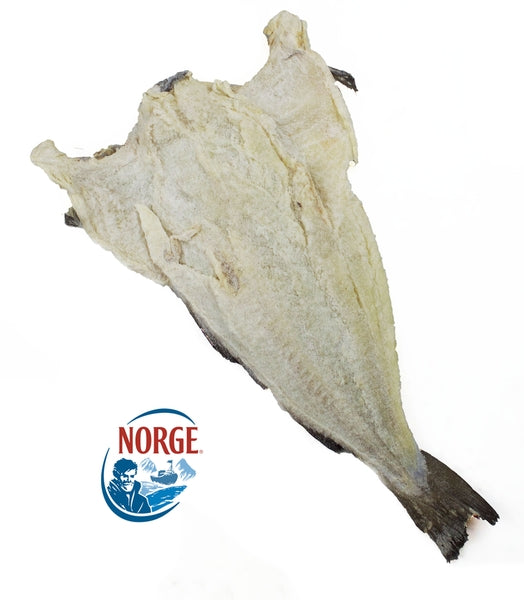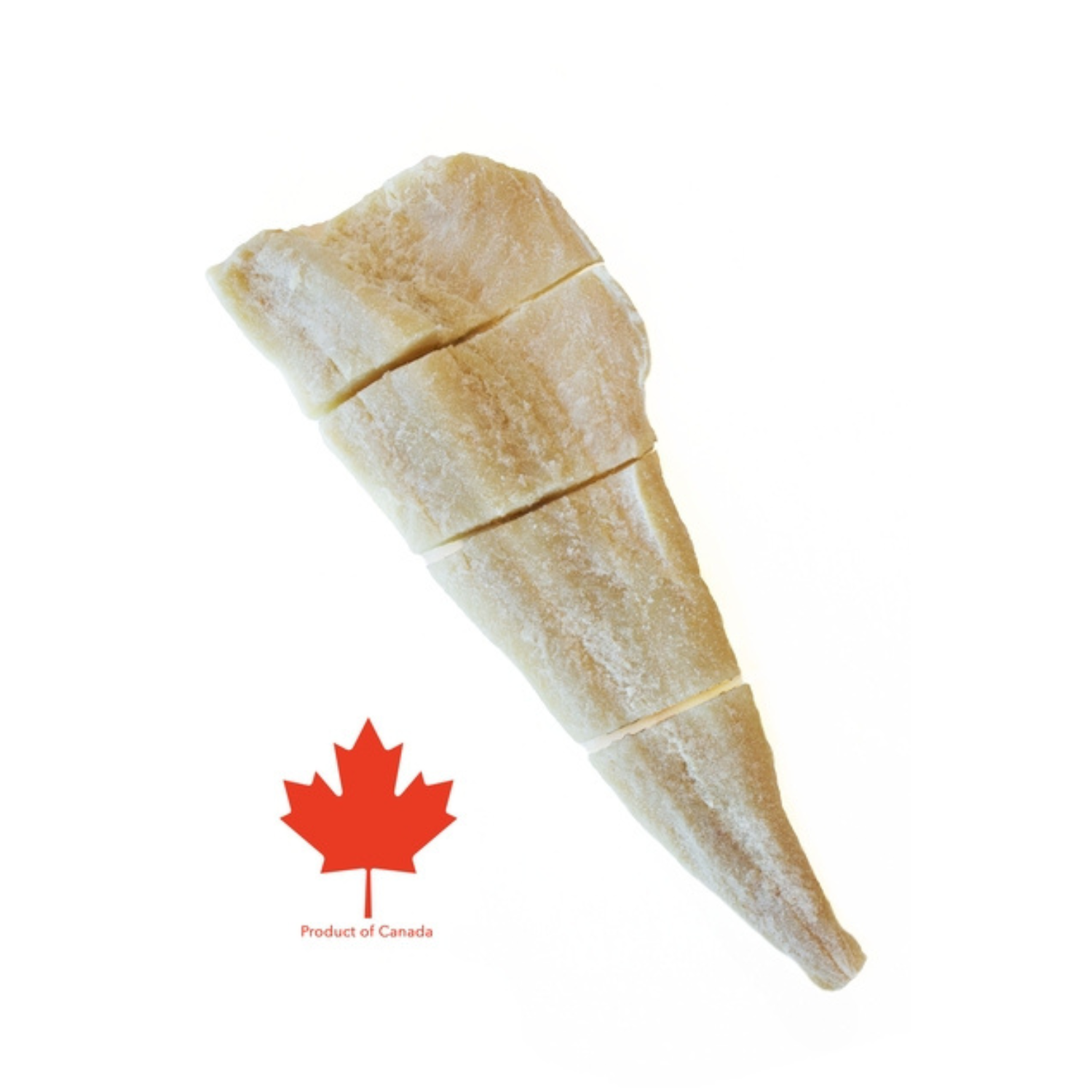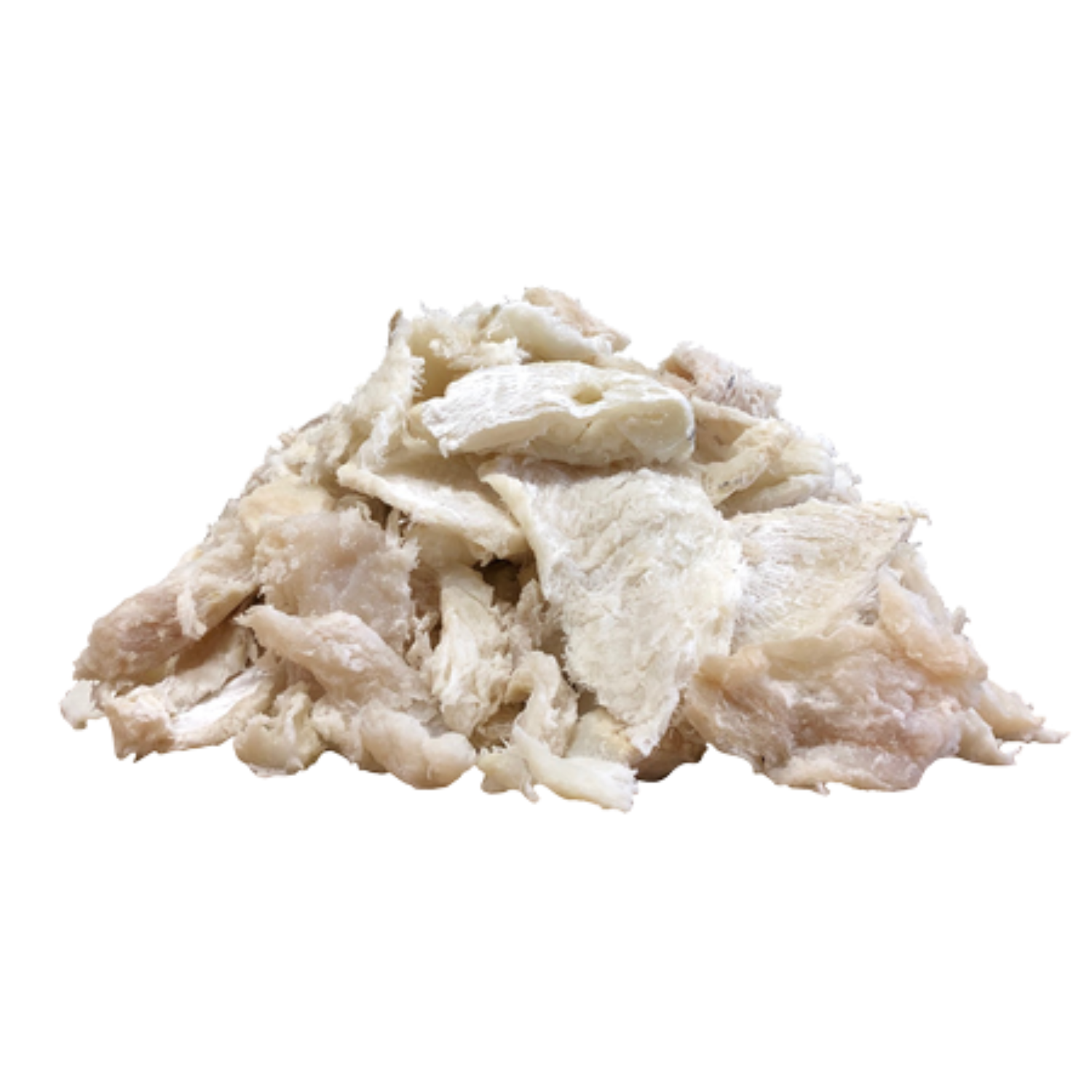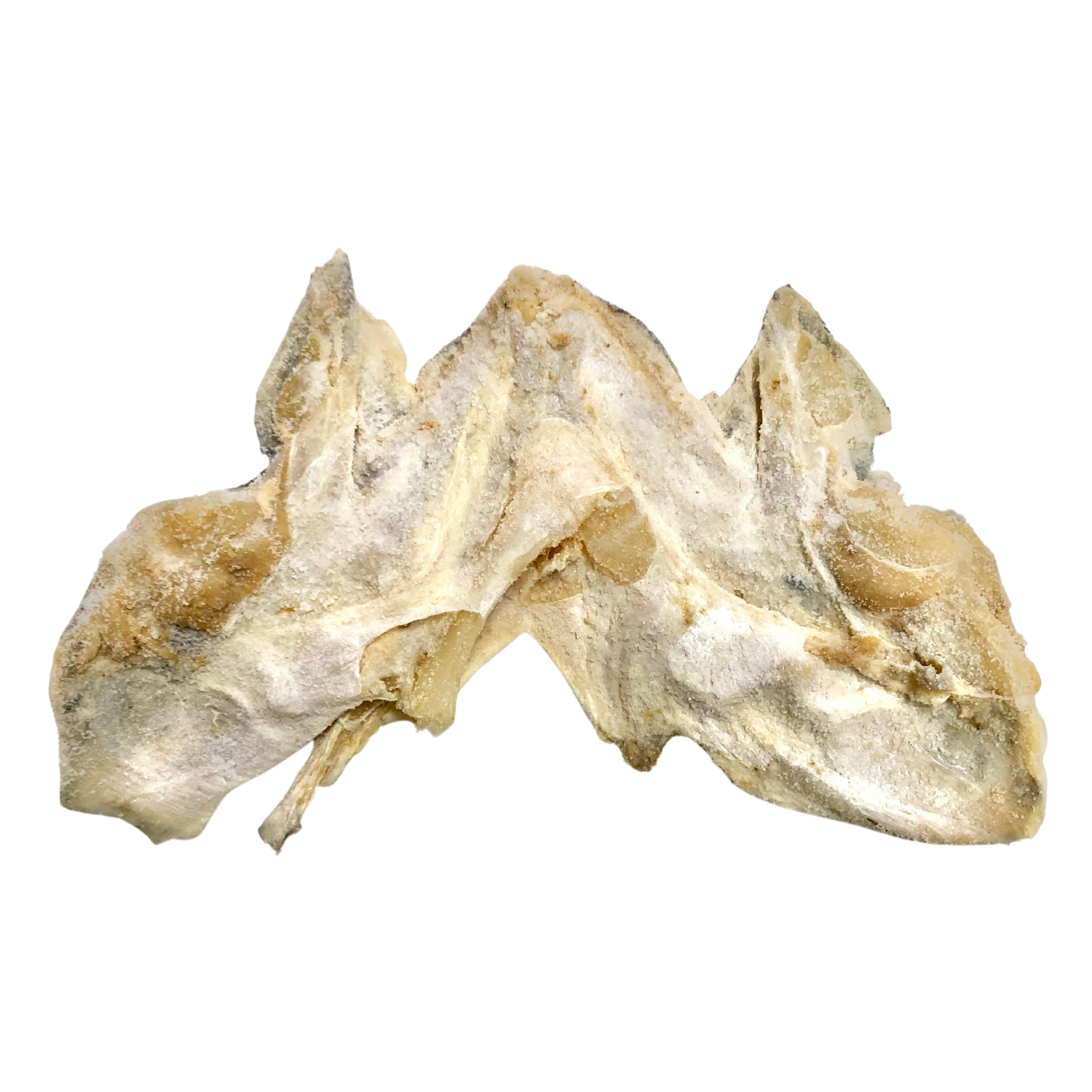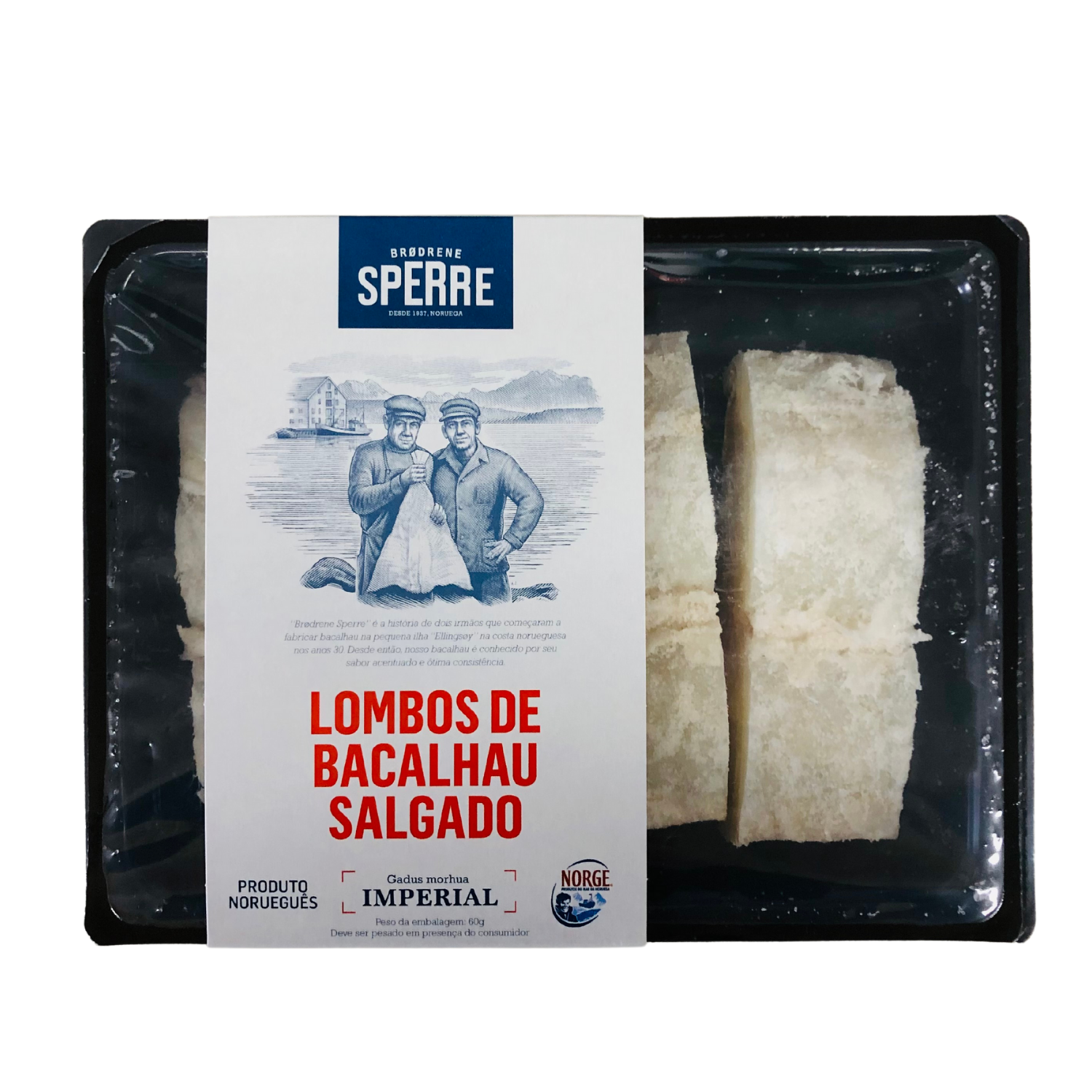- Home
- Products
- Shop By Brand
- New Arrivals
- Sale
- Gift Boxes
- Salt Cod
- Cured Meats
- Cheese
- Olive Oil & Vinegar
- Olives & Pickled Goods
- Preserves & Honey
- Piri-Piri
- Seasonings
- Snacks
- Dry Goods
- Baking
- Pans, Forms & Molds
- Cereals
- Cookies
- Pastries & Baked Goods
- Chocolate, Candy & Sweets
- Coffee & Tea
- Beverages
- Bath & Body
- Books & Cookbooks
- Cookware
- E - Gift Card
- About Us
- E-Gift Card



